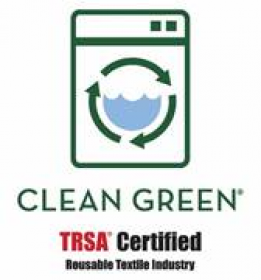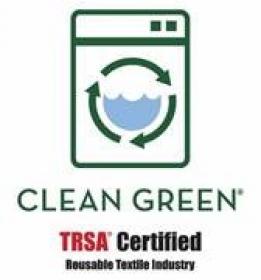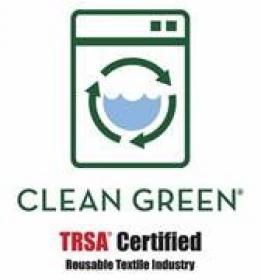Borealis introduces portfolio of circular base chemicals
- The Borvida™ portfolio introduces sustainable base chemicals to Borealis’ range of product offering
- The range will initially be based on non-food waste biomass, and chemically-recycled waste; in the future it will also draw from atmospheric carbon capture
- The traceability of the content will be based on Mass Balance, which is ISCC PLUS certified
- This is the next step in an ambitious sustainability journey, which will see Borealis move away from traditional fossil-based feed
Borealis is strengthening its EverMinds™ circular product offering with Borvida™, a range of sustainable base chemicals.
The Borvida portfolio will offer base chemicals or cracker products (such as ethylene, propylene, butene and phenol) with ISCC Plus-certified sustainable content from Borealis sites in Finland, Sweden and Belgium. The move is part of Borealis’ broader commitment to a Future-Positive Revolution, in which the unrivalled benefits of base chemicals and polymers can be enjoyed at minimal impact to the planet.
The portfolio will initially comprise Borvida B, from non-food waste biomass, and Borvida C, from chemically-recycled waste. In the future, the range will evolve to include Borvida A, sourced from atmospheric carbon capture. Borvida is complementary and is the building block to Bornewables™, a portfolio of polyolefins based on renewably-sourced second generation feedstocks, and Borcycle™, which offers circular polyolefins produced from mechanically- and chemically-recycled plastic waste.
Borealis produces a wide range of base chemicals for use in numerous industries based on various feedstock, such as naphtha, butane, propane and ethane. Through its olefin units (steam cracker and propane dehydrogenation), it converts these into the building blocks of the chemical industry: ethylene, propylene and C4 hydrocarbons (butylenes, ethyl tertiary-butyl ether (ETBE) and butadiene), and C5-6 hydrocarbons (pygas, phenol) among others.
The basis of the Borvida portfolio is Mass Balance, a Chain of Custody model that enables sustainable content to be tracked, traced, and verified through the entire value chain, offering sustainability-assured products from feedstock to end product. Using this model, circular alternatives can be offered in a cost-effective and environmentally-conscious way, which can be scaled up quickly without compromising on quality or efficiency.
Borvida can be used for a wide range of different polymer and chemical applications, also beyond polyolefins (PO). Non-PO polymers, such as polycarbonates, acrylonitrile butadiene styrene (ABS), super absorbant polymer (SAP) and other chemicals, are utilised for various end applications including coatings, plasticizers, adhesives, automotive, electronics, lubricants, detergents, appliances and sports equipment.
Together with key strategic partners, including Neste and Covestro, Borealis strives to provide a long-term solution in order to allow value-chain partners to meet their sustainability goals. Borvida will enable our customers to increase the sustainability of their products, keeping them ahead of forthcoming legislative changes, and meeting their customers’ demands for climate-conscious products.
Introduced on a smaller scale in early 2020, early renewable base chemicals customers include Covestro. “The use of alternative sustainable raw materials is one important pillar of our strategic ambition to become fully circular”, comments Frank Dörner, Managing Director Covestro Procurement Services GmbH & Co. KG. “The new product line is a good example for joint solutions, another strategic pillar, in order to establish new and reliable supply chains creating benefits for our customers.”











